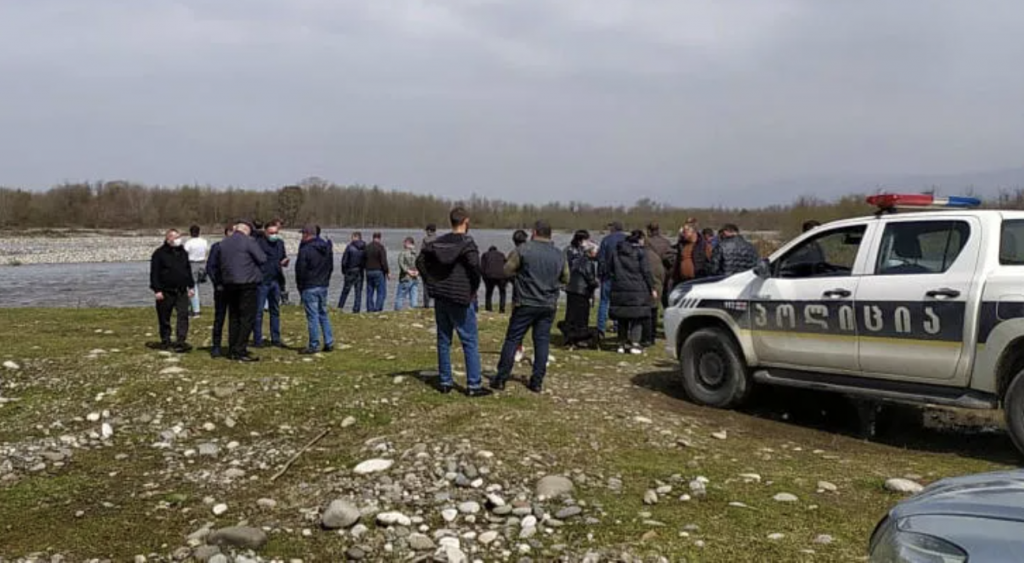Share














Most read

US vice-president’s visit to Armenia hailed as ‘historic’ - what it delivered
'Armenia breaks free from Russian-Turkish grip': reaction to JD Vance’s visit
Top stories in Azerbaijan, Armenia, and Georgia from 9-13 February, 2026
19 Azerbaijani experts cross land border to meet Armenian counterparts for the first time
What possible EU sanctions on Georgia’s Kulevi port could mean

Latest news in Georgia, Armenia, Azerbaijan, summary. Live
An imam in Marneuli, Georgia, called the U.S. the “largest terrorist” and voiced support for Ali Khamenei
Germany’s ambassador: “We’re not agents of regime change in Georgia and don’t care who is in power”
Chemical weapons allegations and legal battle: Georgia’s authorities respond to BBC
US State Department: 'We seek constructive relations with Georgia'












